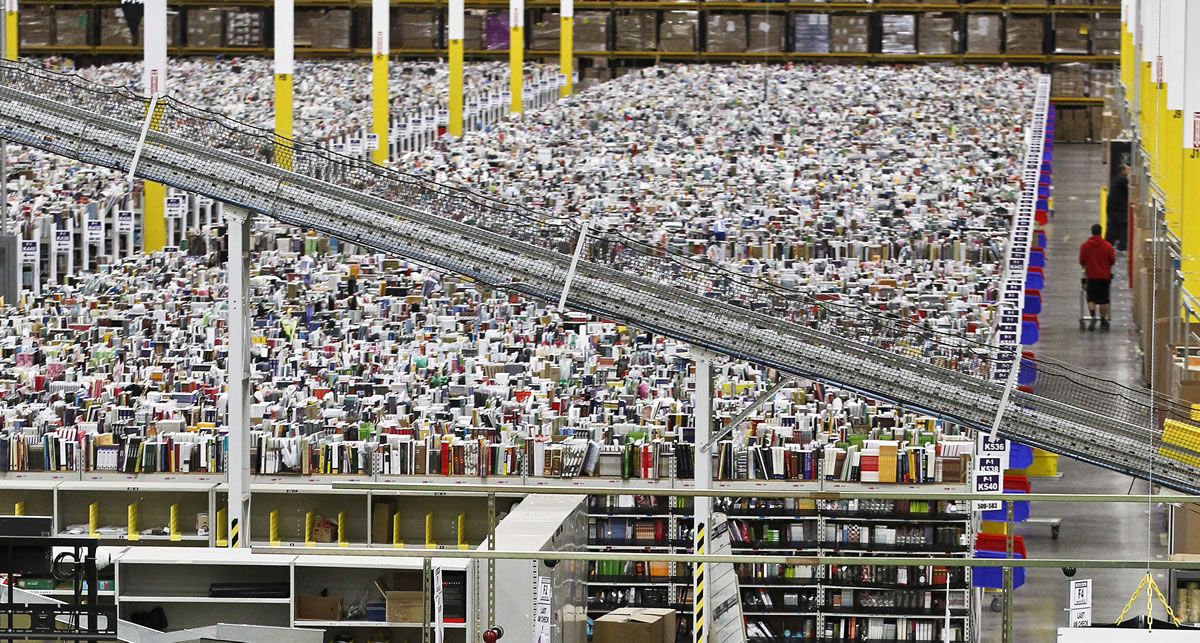WASHINGTON — On perhaps the busiest online shopping day of the year, the Supreme Court refused to wade into a dispute over state sales taxes for purchases on websites like Amazon.com, an outcome likely to prompt more states to attempt to collect taxes on Internet sales.
Monday’s court action means “it might be the last Cyber Monday without sales tax,” said Joseph Henchman of the Washington -based Tax Foundation.
It’s all part of a furious battle — also including legislation in Congress — among Internet sellers, millions of buyers, aggrieved brick-and-mortar stores and states hungry for billions of dollars in extra tax revenue.
Following Monday’s news from the U.S. Supreme Court, state Rep. Sharon Wylie, D-Vancouver, said she still hopes Congress will pass the Marketplace Fairness Act, which would allow states to collect sales tax from online retailers.



